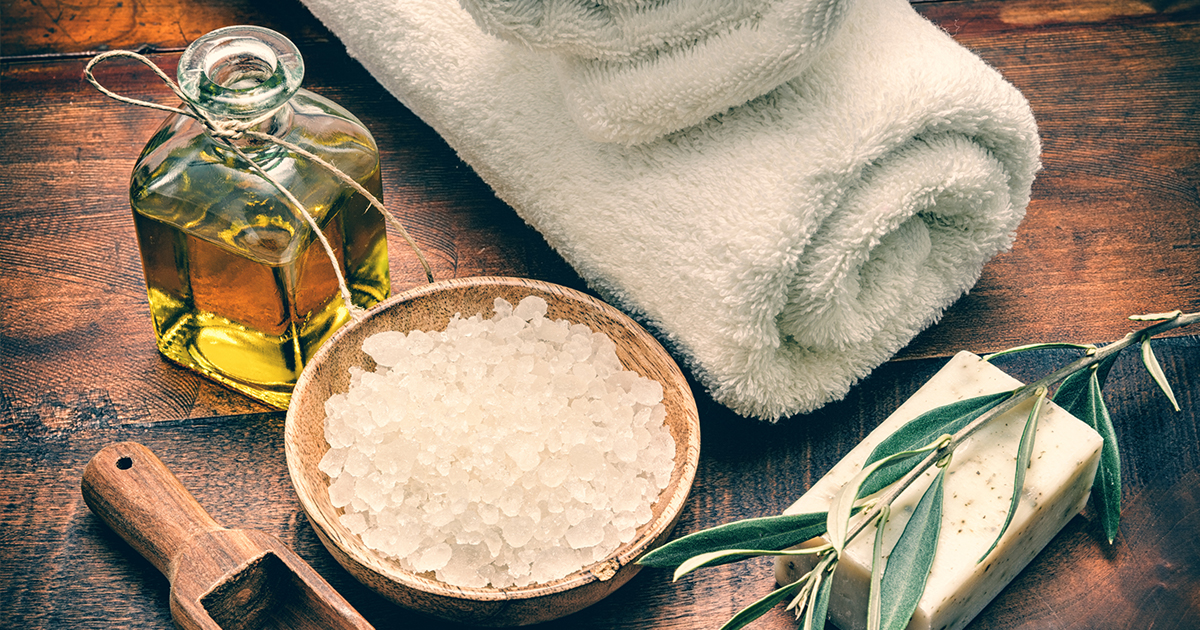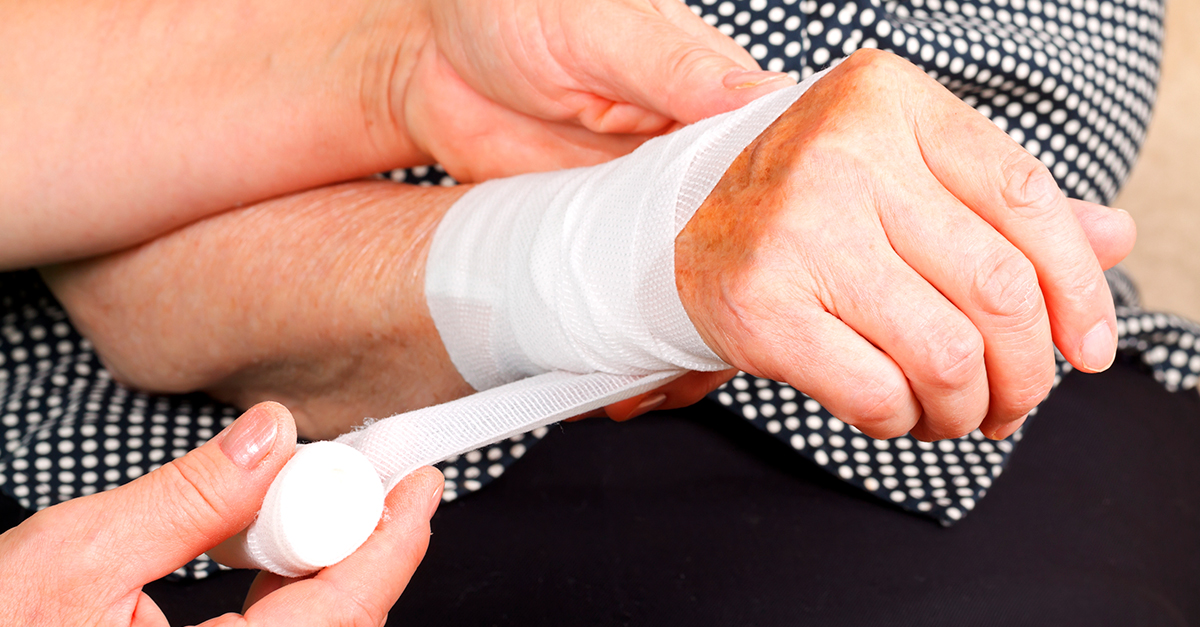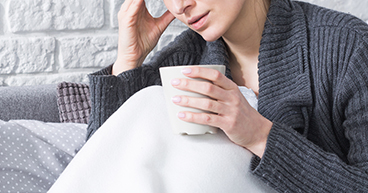
Rewarding yourself with a beauty treatment from time to time may be good for your mind, and body. “We know things that make someone feel better actually improve the body’s defenses,” says Dr. David Scheck, Medical Director of Infectious Diseases and Infection Control at our hospital in Tulsa. “When you feel better, your whole body functions better.” That’s why hitting up the nail or beauty salon may sound like a great antidote to a day spent enduring cancer treatments. But before you pencil in that manicure, it’s important to take note of your risk, and protect yourself accordingly.
Although some spa treatments, such as massages, aren’t invasive, others, like manicures and pedicures, are. And anything that allows bacteria to enter the body—think about the water from that pedicure foot bath seeping underneath your nail beds—is risky for cancer patients.
Effects on the immune system
Many cancer treatments weaken the body’s immune system. Chemotherapy patients, for example, typically have lab work performed 10 days after treatment, because that’s when their white blood cell counts are most likely to drop. When white blood cell counts are low, the body isn’t as capable of fighting off germs, which is why cancer patients undergoing treatment are more susceptible to infection.
Infections during cancer treatment may cause a host of other problems, such as hospital stays, treatment delays and affected outcomes. “Doing everything you can to prevent an infection is much better than dealing with an infection once it occurs,” says Dana Zamudio, an Infusion Nurse at our hospital in Tulsa.
One of the most important ways you can help protect yourself from infection during cancer treatment is by practicing good hygiene—especially good hand hygiene. “The importance of hand-washing cannot be stressed enough,” Dr. Scheck says. “That’s not just before cooking or after going to the restroom, either. You have to remember that the environments we enter are often covered with bacteria—tabletops, desks and other surfaces—and they can pose a risk.” Wash your hands often, and make sure those around you do, too. That includes the technician who gives you a facial or manicure.
Keep body surfaces and cuts clean
Other ways to practice good hygiene include bathing daily, keeping your mouth as clean as possible and tending to any skin abrasions. Even the most minor cuts, scrapes and sores open the door for bacteria to enter the bloodstream and cause an infection. To reduce the risk of cutting yourself during shaving, Joyce Clements, an Aesthetician at our hospital in Tulsa, recommends using an electric razor instead of a blade.
Also, try to sharpen your observation skills, Dr. Scheck says. Watch out for large crowds, and avoid people you know are sick. Also consider avoiding public pools or spas. If your beauty salon doesn’t look clean, or if the staff can’t satisfactorily answer questions about their hygiene practices, feel free to walk out, Clements says. Before any spa services, inform the aesthetician that you’re undergoing cancer treatment, so he or she recognizes the importance of keeping the environment as sterile as possible.
Knowing your white blood cell count may also help you protect yourself when you are most vulnerable, Zamudio adds. The lower your white blood cell count, the more safeguards you should take. If you have a fever, chills or other symptoms of an infection, such as a sore throat, achy muscles or a cough, report it to your doctor immediately so he or she can take necessary steps as soon as possible.
Cancer patients shouldn’t have to throw in the towel on beauty treatments, Dr. Scheck says. “The last thing we want to do is discourage spa services that often make people feel better,” he says. “Pampering yourself is a good thing. Just take the proper precautions.


